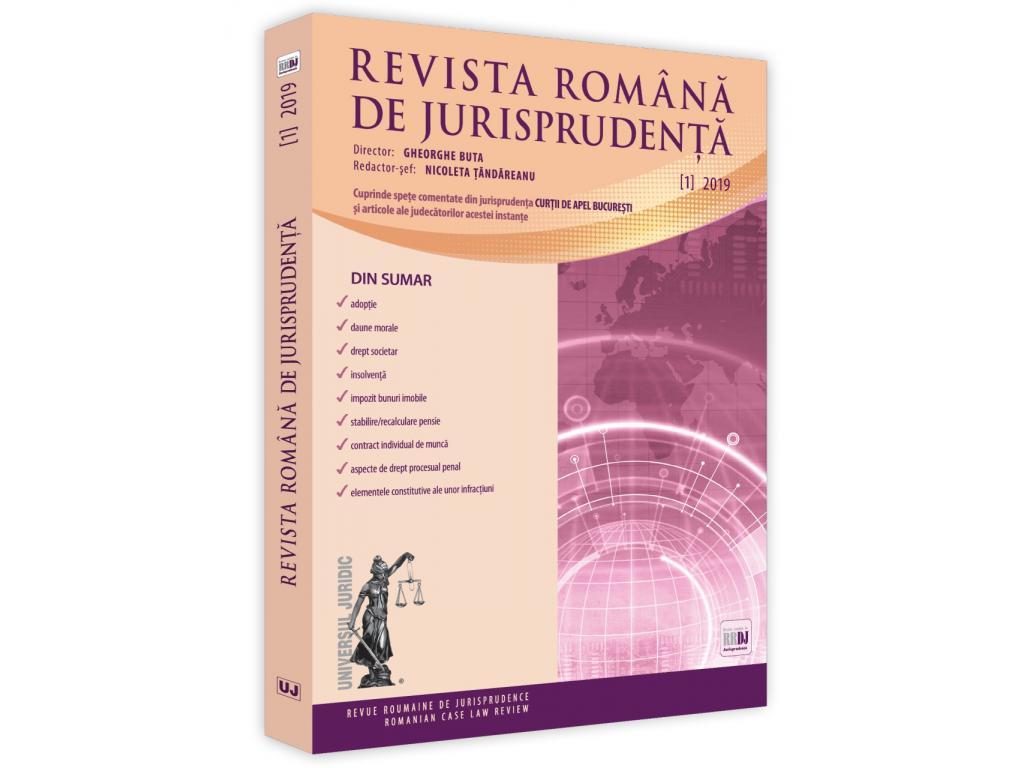Devolutive effect of appeal filed by the Public Ministry. Devolution limits
DREPT PENAL ŞI DREPT PROCESUAL PENAL
Abstract
In compliance with art. 417 paragraph (2) of the Code of criminal procedure, within the devolution limits provided for under paragraph (1) of the same article, the court of appeal is required that, except the grounds relied on and claims filed by the appellant, to examine the cause in all factual and legal respects. This law should not and cannot be interpreted in the sense that there are no limits of the appeal devolution in the case of the remedy at law filed to the disadvantage of the defendant (or to the disadvantage of another party). The obligation of the court of appeal to examine the case in all factual and legal respects does not have as correspondent its possibility to amend the solution of the first instance and to aggravate the situation of the defendant besides the reasons and claims of the appellant, respectively to perform any amendments to some circumstances that were not discussed contentiously in open session. Arguing the other way, respectively acknowledging the right of the court of appeal of aggravating the situation of the defendant besides the reasons and the claims of the appellant, means conferring the ordinary remedy of appeal a unforeseeable nature, as the simple declaration of the remedy to the advantage of the defendant could result in severe consequences for the defendant (for example, the change in the manner of execution, from suspension under probation into execution of sentence into penitentiary), and these circumstances shall not be discussed in open session and under contradictory conditions ad without the defendant being able to file any defences to this end.








